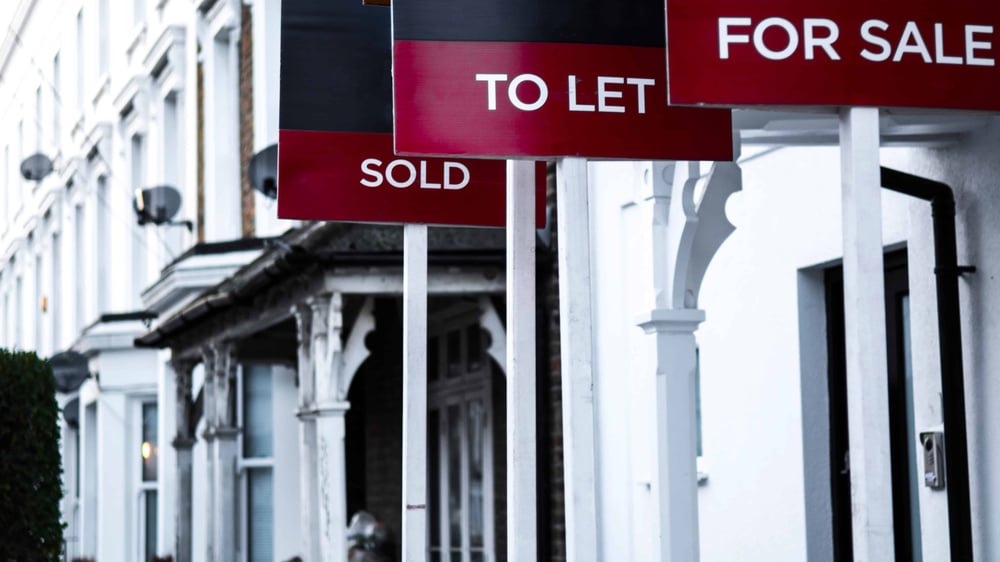Sale collapses are approaching record highs and the drop in first-time buyer activity seen in the first half of 2020 could be set to return.

Sale collapses are approaching record highs and the drop in first-time buyer activity seen in the first half of 2020 could be set to return, according to David Hannah, founder and principal consultant at Cornerstone Tax.
Cornerstone Tax outlines that the first half of 2020 saw the number first-time buyers fall by 13%, since then close to half of all homes that have been purchased were bought by first-time buyers.
The data also reveals that 18% of first-time buyers have only been able to get on the property ladder because of the recent stamp duty holiday.
Hannah said: “The government needs to do more to help get people get on the property ladder - government-backed purchase mortgage guarantees for borrowers would be a great way to reinstall confidence in the lending market.
“If the terms of these guarantees were for five years, for example, the inflation of the housing market during the medium term would wipe off any negative equity on those properties.”
As a result, Hannah believes this would give the market some security again, help buyers, and keep the market moving post the holiday.
Alternatively, raising the nil-rate band of stamp duty, to somewhere around £300,000, would benefit the majority of buyers without affecting a large amount in tax revenues, noted Hannah.
He said: “These statistics demonstrate the importance of keeping the market moving to other sections of the economy and first-time buyers, those likely to spend less than £300,000, are the driving force behind this movement.”
Home ownership is important to the UK economy as well as upward mobility.
Hannah said: “Not only this, but making it easier to move house without being penalised for doing so will make it easier to move to areas of growth and where jobs are.
“Especially important as we see a de-urbanisation and migration away from cities in the wake of the pandemic."



